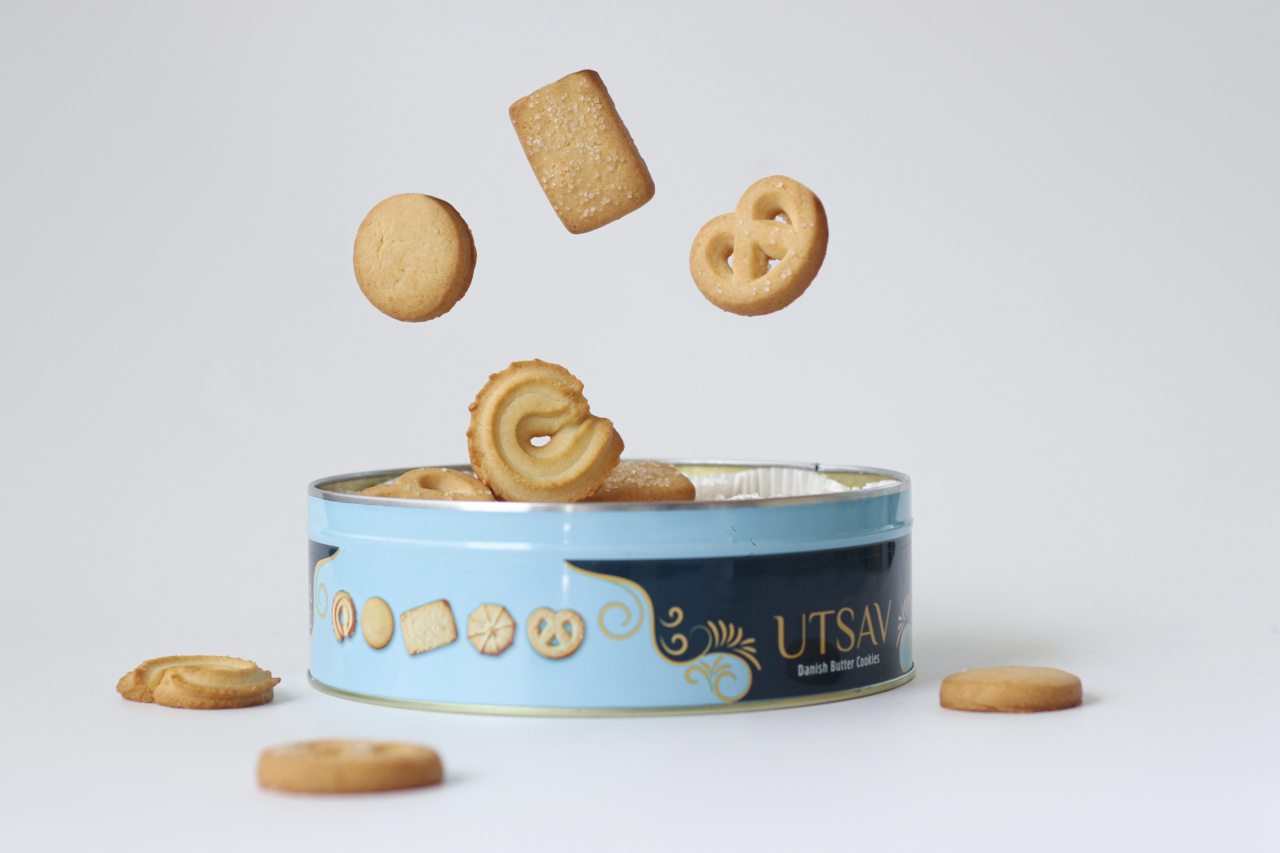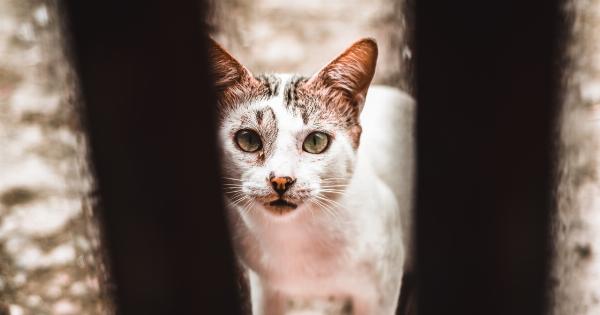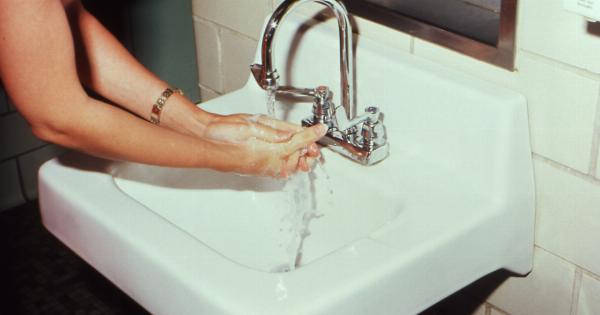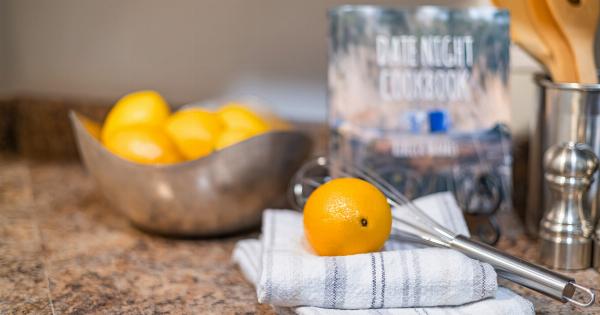Flies, although small and seemingly harmless, can pose a significant threat to the safety and hygiene of the food we consume. These pesky insects have a knack for landing on just about anything, including our meals.
Unfortunately, this means that they can easily transfer harmful bacteria from unclean surfaces to our food, putting our health at risk. In this article, we will explore the dangers associated with flies as carriers of bacteria and discuss measures that can be taken to prevent food contamination.
The risks of fly contamination
Flies are known to be carriers for a wide range of bacteria and pathogens. They frequent environments such as garbage dumps, decaying animal matter, and even fecal matter.
As flies move from these unsanitary locations to our kitchens or dining areas, they bring along traces of these harmful substances. When they land on our food, they leave behind bacteria that can lead to foodborne illnesses.
Some of the common bacteria that flies can introduce to our food include Escherichia coli (E. coli), Salmonella, Shigella, and Campylobacter.
These bacteria can cause various symptoms such as diarrhea, vomiting, stomach cramps, and in more severe cases, even hospitalization or death. Infants, young children, the elderly, and individuals with weakened immune systems are especially vulnerable to these bacterial infections.
The fly’s role in contamination
Flies have unique feeding habits that make them effective carriers of bacteria. They do not have teeth and cannot chew their food, so they need to liquefy it by regurgitating digestive enzymes onto the solid food.
This process, known as external digestion, allows the fly to consume the partially digested food substances. However, during this feeding process, flies can simultaneously regurgitate traces of bacteria from their previous meals onto the food they are currently feeding on.
Additionally, flies can defecate while they are feeding. This means that any bacteria present in their digestive system can be expelled onto the food, further contaminating it.
The fecal matter from flies often contains pathogens that can cause serious health issues if ingested.
Preventing fly contamination
The prevention of fly contamination starts with maintaining proper sanitation practices, both indoors and outdoors. Here are some key measures that can be taken to minimize the risk of flies contaminating your food:.
1. Keep your surroundings clean
Flies are attracted to unsanitary conditions, so it is important to keep your living spaces and immediate surroundings clean. Ensure that trash bins are tightly closed and regularly emptied.
Clean up spills, crumbs, and food waste promptly to discourage fly infestations.
2. Cover your food
When preparing meals or dining outdoors, it is essential to cover your food. This prevents flies from landing on the exposed surfaces and contaminating your meals. Make use of food covers, mesh screens, or even inverted bowls to keep flies at bay.
3. Store food properly
Store food items in airtight containers to prevent flies from accessing them. This applies to both non-perishable and perishable food items. Proper storage significantly reduces the chances of flies contaminating your food and prolongs its freshness.
4. Maintain clean food preparation areas
Cleanliness in the kitchen is crucial to prevent fly contamination. Be sure to wipe down countertops, cutting boards, and utensils with hot soapy water after each use.
Regularly sanitize these surfaces with a disinfectant to eliminate any bacteria that may have been transferred by flies.
5. Install screens on windows and doors
To keep flies out of your home, install screens on windows and doors. This simple measure acts as a barrier, preventing flies from entering your living spaces and minimizing the chances of food contamination.
6. Use natural fly repellents
Natural fly repellents can be an effective way to deter flies from invading your home and food preparation areas. Essential oils such as peppermint, eucalyptus, and lavender have been found to repel flies.
Consider using these oils in homemade sprays or diffusers to create an unfriendly environment for flies.
7. Dispose of waste properly
Flies are attracted to waste, so it is important to dispose of it properly. Seal garbage bags tightly and place them in outdoor bins with secure lids. Regularly empty and clean these bins to avoid attracting flies to your property.
8. Consider fly traps
Fly traps can be useful in controlling fly populations, especially in outdoor areas. There are various types of traps available, including sticky traps, electric traps, and bait traps.
These traps can help reduce the number of flies in your vicinity and decrease the risk of food contamination.
9. Educate and train food handlers
Proper training and education of individuals involved in food handling, such as restaurant staff and home cooks, are crucial in preventing fly contamination.
People should be aware of the risks associated with flies and be taught proper hygiene practices to ensure the safety of the food they prepare and serve.
10. Seek professional pest control
If fly infestations persist despite preventive measures, it may be necessary to seek professional pest control services.
Pest control experts can identify breeding areas, treat them appropriately, and provide guidance on effective fly prevention methods.
Conclusion
Flies may be tiny creatures, but they have the potential to cause significant harm when it comes to food contamination.
By understanding the risks associated with fly-borne bacteria and implementing preventive measures, we can protect ourselves and our loved ones from foodborne illnesses. Maintaining cleanliness, proper food storage, and employing fly repellents are essential steps towards ensuring the safety and hygiene of the food we consume.































